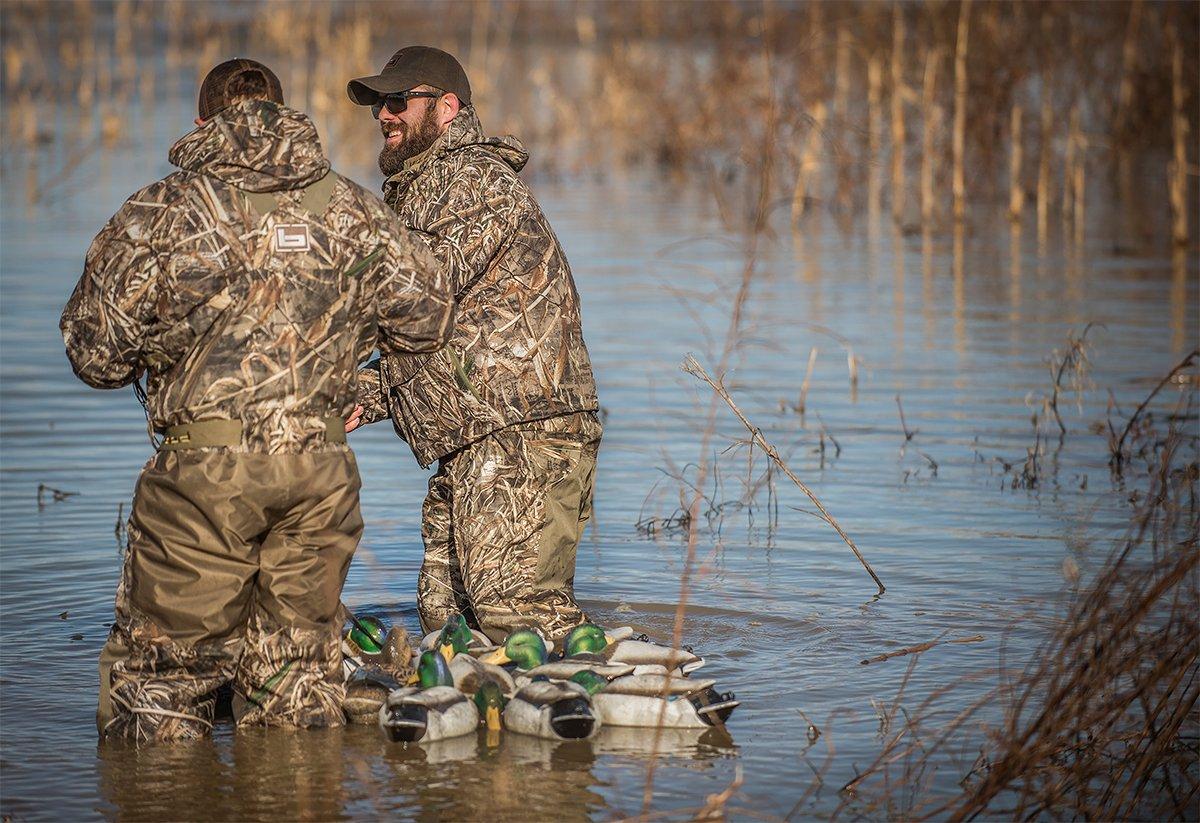Getting more birds than your buddy is one thing, but skill sets tell the tale
Anyone who participates in an activity eventually wonders how they compare to their contemporaries. Baseball players do it, as do competitive shooters. Heck, even bowlers keep score. Waterfowlers are no different.
However, comparisons don't come as easily for duck and goose hunters. Ballplayers, bowlers and skeet shooters can rely on numbers when determining their prowess. Measuring the relative performance levels of hunters isn't that simple. Otherwise, the only important consideration would be how many birds you shot compared to the next guy. That's part of the discussion, but remember that some folks get to hunt much more than others, and other people have access to tremendous properties. You would expect that those hunters would fare better than guys with demanding jobs who hunt public land. However, those weekend wildlife-area warriors might be just as skilled — or more so — than their privileged brethren.
If you compare only levels of skill and assume that hunting time and land access are equal, the argument boils down to skill sets. Here's, in no order, are some criteria I'd use to determine how you measure up as a waterfowl hunter.
Experience
You can't fake this. It's only earned through time in the boat or timber. And that hard-earned savvy guides your thought process, including how you approach hunts, call to birds, react to change-ups and call the shots. Every lesson you learn afield pays off down the line.
Depth of Knowledge
This is very similar to experience, but it goes a bit deeper. I'm talking about an intimate knowledge of ducks, geese, their vocabularies and environs. You know these guys. One might look at an area of fresh sheet water and remark how it's perfect for greenwings. Another might spot ringbills at a distance and start burring on his call to lure them close. They just know a lot about waterfowl. In fact, they can probably recite the Latin names of many birds and tell you where their breeding grounds are.
Calling
Overrated? Underrated? Depends on the location and scenario. The bottom line is that you must sound enough like a duck or goose so those birds believe you're one of them. Also, you need to learn when to call and when to pipe down. And it never hurts to master multiple sounds, including pintail whistles, wigeon whistles, greenwing peeps, diver burrs, bluewing quacks, and the sounds of snows and specks.
Shooting
You don't have to be an AA trap-shooter to consistently kill waterfowl. You must, however, be proficient with your weapon and master various field shots, such as decoying birds, springing teal, hard crossers, high overhead targets and others. And it helps if you can double or triple when opportunity arises.
Proficiency With Equipment
Anyone can drive a boat, and most people can paddle a canoe or push-pole a skiff. A skilled waterfowler does all that and more. In fact, he can ease a big rig up to a layout boat in heavy swells just as easily as he pilots a small pirogue into a hidden bayou. He has all the right gear and knows how to use it.
Dog Handling
A friend once told me good duck hunters never have bad dogs. There's a lot to that statement. Your pooch doesn't have to have multiple titles after its name to be an excellent field dog, though that never hurts. It must be obedient, observant, steady, driven and polished. That only occurs one way: via your training. Skilled duck hunters typically know what's required of their four-legged partners, and they work tirelessly to achieve that.
Field Savvy
This is sort of an X factor. Some guys just have it when it comes to hunting. If they're turkey hunters, you'd say they were great woodsmen. They're just naturally talented at hunting, quickly diagnosing situations and finding innovative ways to achieve success. They're driven, learn quickly and aren't afraid to try new approaches.
The Sum
That just describes a few of the factors I'd look at when judging my waterfowling skill. Honestly, I'm good at some but only fair at others. No worries. It's always fun and challenging to work on improvement.
What other factors would you list when reviewing your hunting prowess? And where do you think you rank?
Click here for more Realtree waterfowl hunting content. And check us out on Facebook.







